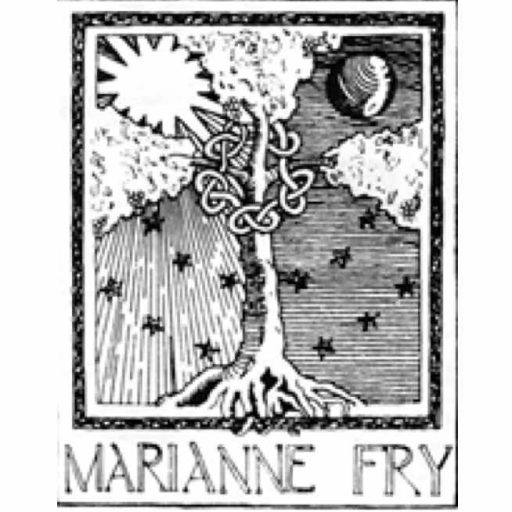Toni expected that most participants at this lecture would subscribe to a post-modern self-world view: the view that our phenomenal world is best described as a field, a process of “merging and interpenetrating aspects of one whole reality which is indivisible and unanalysable” (Bohm 1980, p9). As experienced practitioners, thinkers and activists, we hold that we are all part of a whole, inseparable from and co-creating of each other.
We practice this in our therapy room, in our rhetoric, but do we in our dealings with each other? Toni argued that in our Codes of Ethics and Complaints Procedures, we do not. If I form you and you me, what is individual responsibility? What of ‘naming and shaming’? How can we abide by codes of ethics and complaints procedures that have banishment as the ultimate sanction? Is it even possible to remove a part of the whole? Toni will outline the contradictions and suggest what post-modernist codes and complaints procedures might look like.
In the afternoon session, participants were invited to experiment with the ideas and, using role plays, explore some of the implications for practice.
You can listen to a recording of Toni’s lecture and the questions and answers:

Toni Gilligan M.Phil, is a UKCP Psychotherapist. She is a senior gestalt psychotherapist and supervisor and has been a Director of The Gestalt Centre London for almost twenty years, where she teaches and is director of the psychotherapy training programme. She originally trained as a clinical psychologist, and has worked in adult psychiatry and substance misuse in the NHS and the voluntary sector. She is one of the UK’s leading trainers of Motivational Interviewing and has produced training DVDs of this practice. She believes there is more scope for applying the principle insights of Gestalt Therapy to social and political issues and has conducted conference workshops exploring the application of Gestalt Therapy theory to power. More recently she has become engaged with how we use our voices and the power of singing and runs workshops on ‘Giving Voice’.
Toni’s interest in the contradiction of complaints procedures starts with her experience in a number of settings of the experience of living with competing world views. In the NHS, alongside a lot of care and thoughtful, humanistic practice she also witnessed and felt the forces derived from an organic view and the fear of the mentally unwell. As a woman of mixed heritage she lives with sometimes deeply competing cultural views.
« 2013: Dr. Scilla Elworthy "The Cycle of Violence"
2015: Dr. Peter Hawkins "Humanistic Psychology in the 21st Century: The Next Revolution We Need" »
 Marianne Fry Lectures
Marianne Fry Lectures